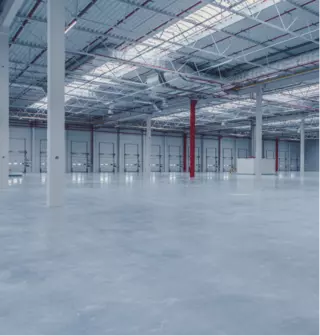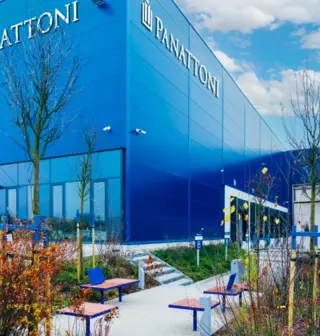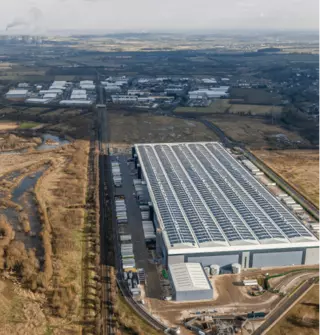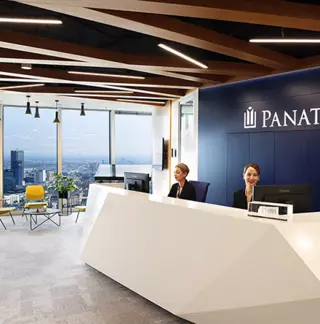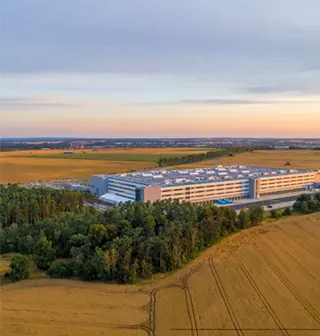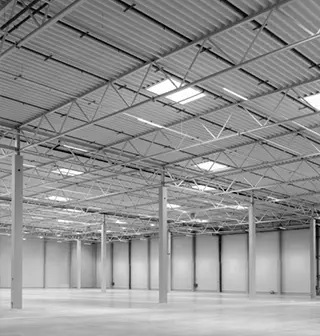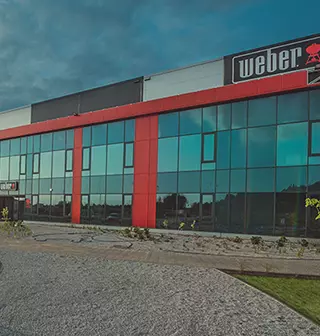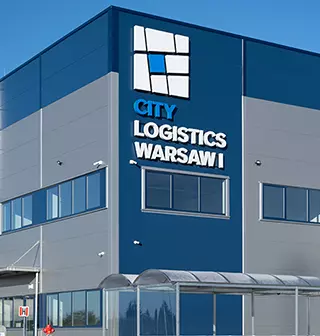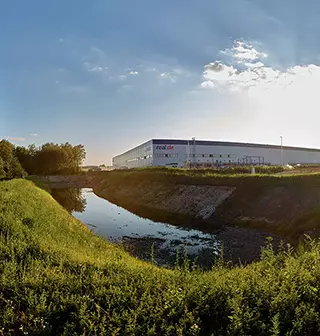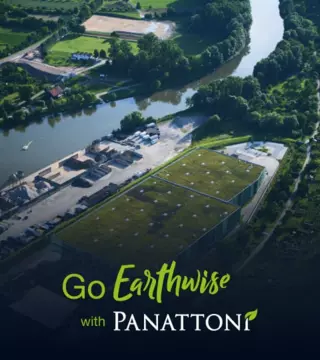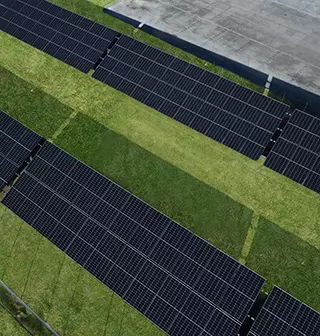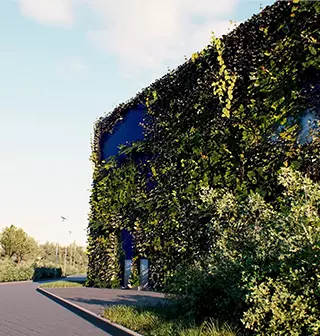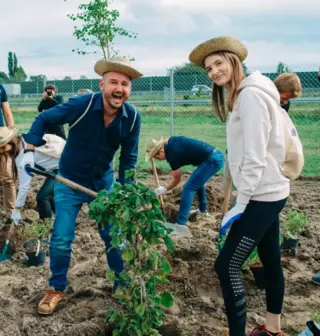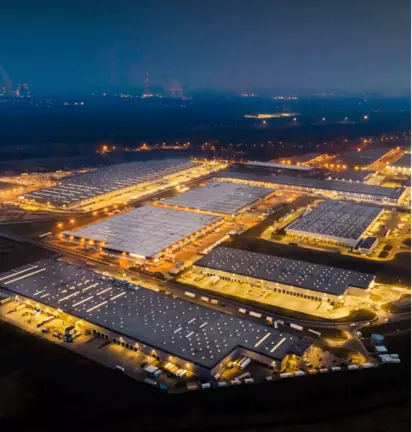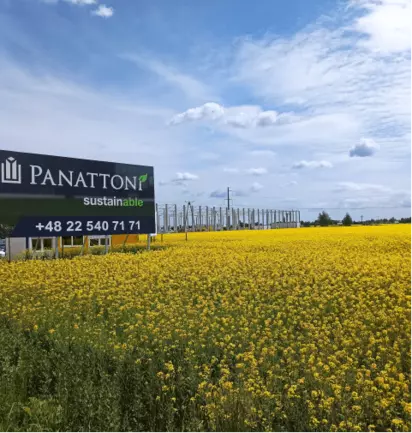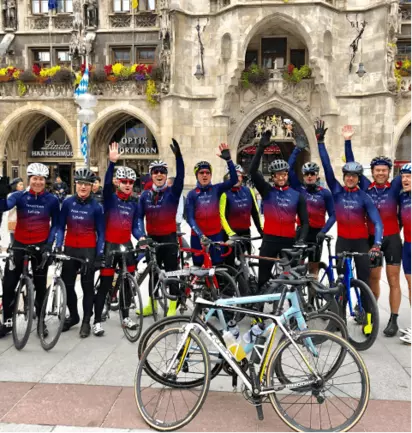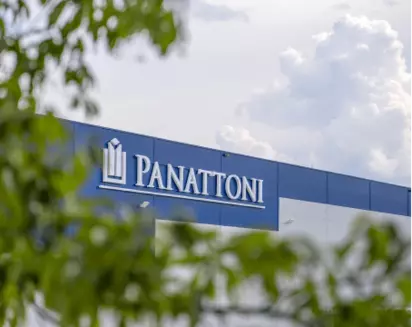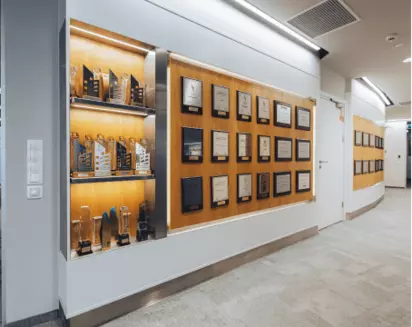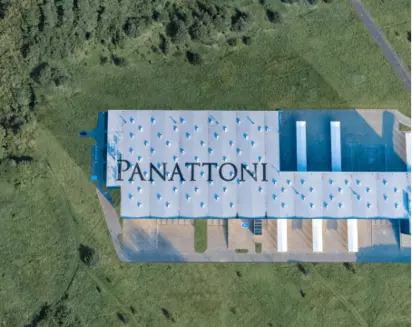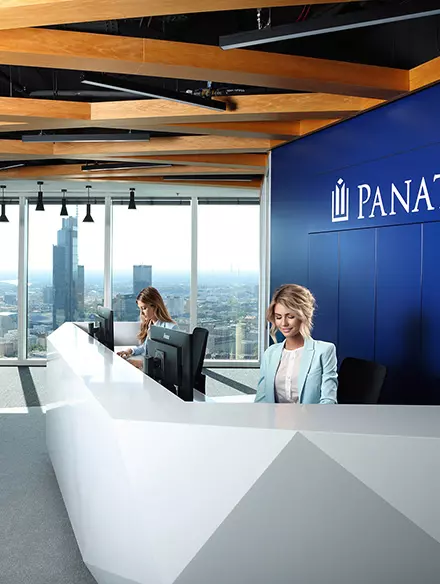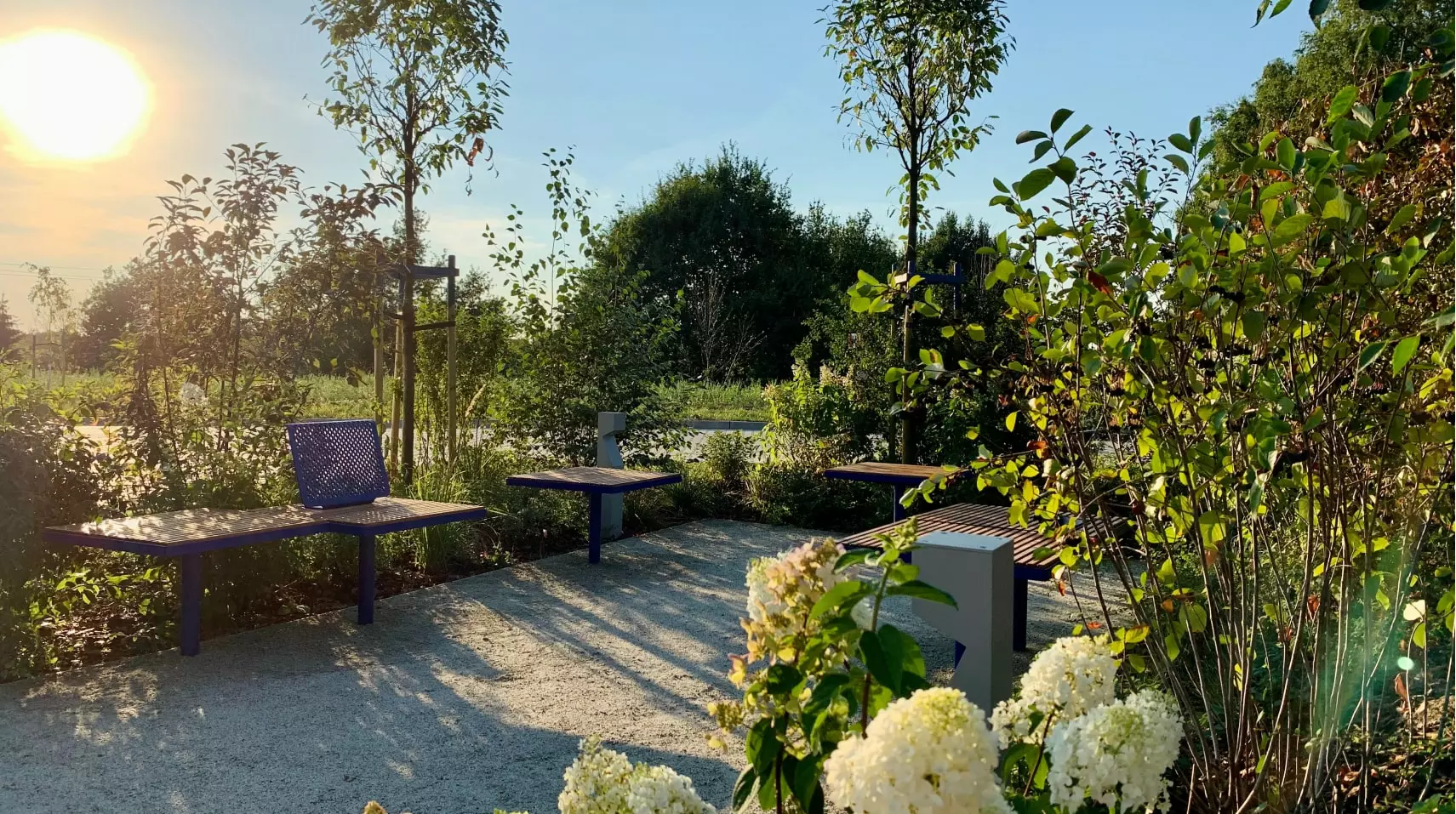
The concept of Nature-based Solutions (NbS)
The European Union promotes Nature-based Solutions, aiming to achieve more sustainable and resilient communities. The European Commission defines NbS as solutions inspired and supported by nature that are economically profitable while delivering environmental, social, and economic benefits and supporting adaptation to climate change. These solutions introduce elements and processes occurring in nature and in unaltered landscapes to urban and other human-managed land and water areas adapted to local conditions and efficient in resource use.
Examples of NbS implemented by Panattoni:
· Pollinator hotels - As part of its investments, Panattoni creates hotels for insects providing shelter for bees, bumblebees, and other pollinators. These houses support biodiversity and promote population growth of insects. They are made of reeds, bamboo tubes, empty stems, dry wood, planks, and cones.
· Pocket forests/Miyawaki - Panattoni introduced the concept of a pocket forest or green space management based on the Miyawaki method. This method involves creating a dense, native forest on a small area, allowing for the ecosystem's faster restoration. This forest is planted densely, using 25-30 species of trees and shrubs adapted to local conditions, at a rate of 3 to 7 pieces per square meter. Such greenery does not require excessive care, and rainwater can be used for watering.
· Miyawaki forests have many advantages - they improve the microclimate by about 4-10°C, reduce noise levels from 10 to 40 dB, acting as acoustic screens, so-called landscapes of silence, and increase biodiversity in terms of insects and birds. Additionally, if the forests are created in a delicate depression, they function as eco-sponges and discharge rainwater.
Moreover, the proximity of greenery has a positive effect on the well-being of users and the climate of a given place, thus increasing the property value.
The concept of the "Fourth Nature" - What does it involve?
Panattoni also promotes the concept of the "Fourth Nature," which is a space where natural ecological processes occur. The vegetation grows spontaneously in these areas, in an uncontrolled way, without human intervention. The solution involves replicating naturally occurring systems, preferring native vegetation and using weeds and ruderal vegetation. Such actions are particularly recommended in difficult areas (e.g., wastelands, post-industrial, post-mining) as part of their reclamation.
Benefits of using NbS
As part of the sustainable development strategy, Panattoni actively uses nature-based solutions (NbS) in its projects, aiming to minimize the negative impact on the environment and fully exploit the ecological, social, and economic benefits of these actions. The use of NbS by Panattoni contributes to increasing the resilience of ecosystems, improving the quality of life, protecting the environment, and promoting sustainable economic development. The use of NbS brings a range of benefits to local communities and positively impacts biodiversity.
Ecological benefits:
By protecting, sustainably managing, and restoring natural and modified ecosystems, NBS can help reduce environmental degradation and loss of biodiversity. Native plant species are well suited to our climate and do not require intensive care or constant watering, making them resource-efficient and cost-effective. They contribute to improving the quality of air, soil, and water.
· Biodiversity and ecosystem resilience - through the protection, sustainable management, and restoration of natural and modified ecosystems, NBS solutions help reduce environmental degradation and loss of biodiversity. They thus build their resilience to climate change and anthropogenic pressure. Maintaining biological biodiversity is essential for mitigating climate change and adapting to it. It also has a positive impact on public health and encourages outdoor activity. Species-rich ecosystems are more stable and resistant to biological invasions and pest attacks. Plants absorb carbon dioxide and convert solar energy, making it available to other forms of life. Bacteria and other living organisms break down organic matter into nutrients, providing healthy soil for plant growth. Pollinators are essential for plant reproduction, ensuring food production.
· Heat mitigation and urban heat island reduction - the use of NbS solutions, such as green roofs or pocket forests, mitigates heat and prevents the formation of urban heat islands, reducing the amount of greenhouse gases.
· Rainwater retention and groundwater infiltration - green areas increase rainwater retention and groundwater infiltration, reducing the risk of floods and droughts.
· CO2 absorption (CO2 sequestration) - pocket forests, green areas, and green roofs absorb CO2 from the atmosphere, contributing to the reduction of greenhouse gas emissions and improving air quality.
· Reduction of the carbon footprint - the use of natural, biodegradable materials and increasing the energy efficiency of buildings contribute to reducing the carbon footprint.
Social benefits
Green areas make the space more attractive and provide contact with nature. Educational boards that describe the elements of fauna and flora on Panattoni's investment site, in turn, promote ecological awareness.
